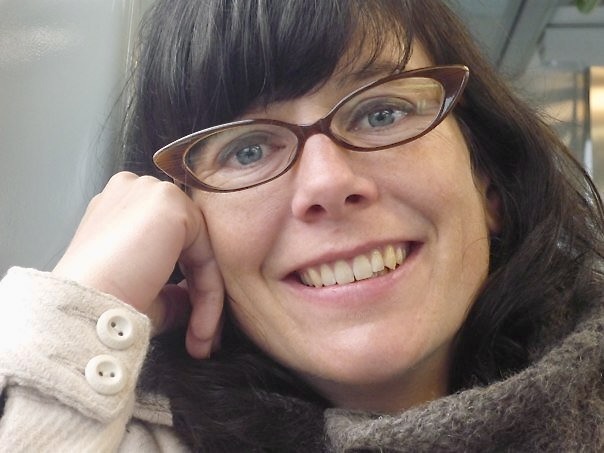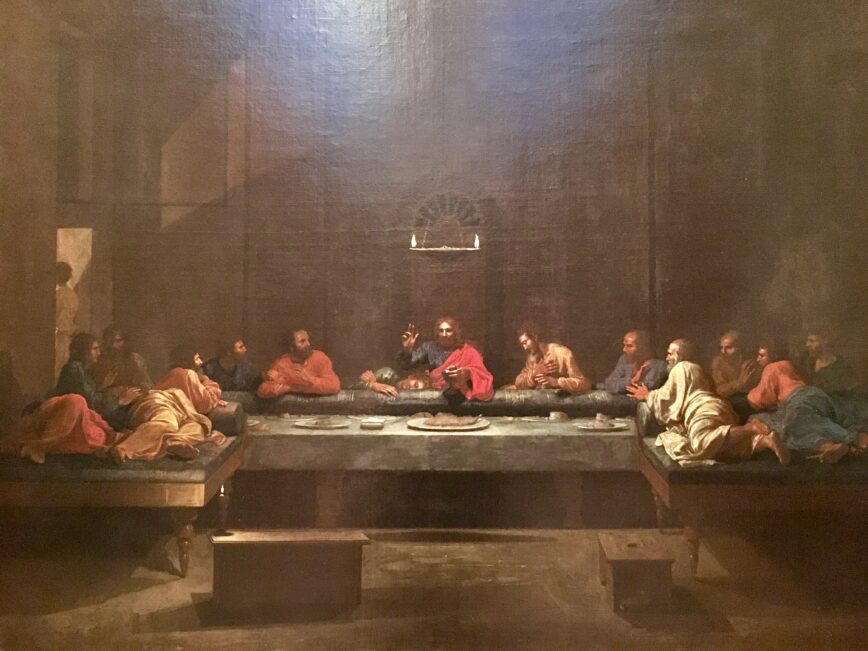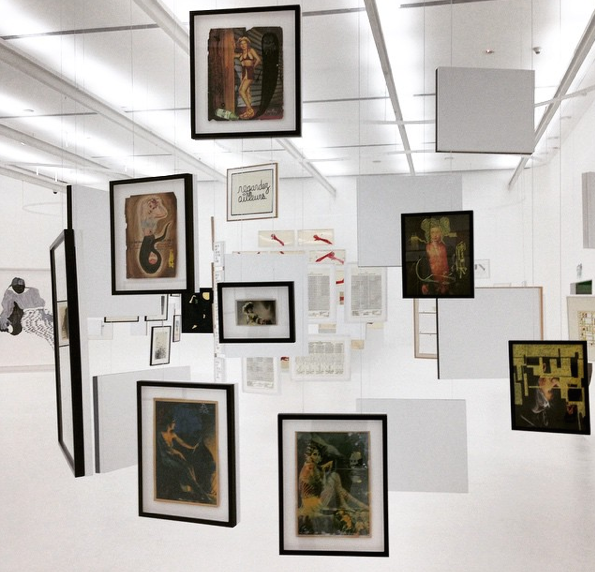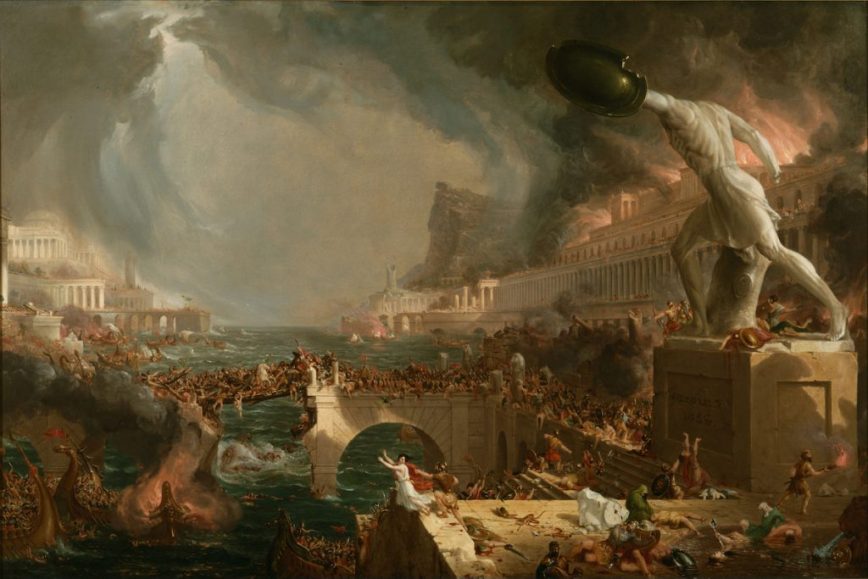I don’t do blogs, posts, or tweets, these graffiti on the world’s most popular virtual walls. However harsh this sounds, this is not a criticism of bloggers, posters, or tweeters. This is simply an admission of being incapable of impromptu ideas, uninhibited theories, clever proposals, spontaneous reactions, and witty retorts. I’m always hopelessly behind the pace of life, continually in need of further reflection before making a statement. As soon as an issue is worth blogging, posting, or tweeting about, it very quickly ceases to be blog, post, or tweet worthy. So I capitulate to the pace of life, endlessly postponing the entry until it loses its relevance. But I am not dead yet, so in the defiance of the inevitable, I give here a Log of ideas and reflections intermixed with some news. Please leave a comment if these scattered thoughts or news resonate in you.
Already a year. Bridget, you always remain in our thoughts.
The following text was read at Bridget Crone’s memorial event on the Tuesday 21 February 2023, Hollybush Gardens, London.
Goodbye Bridget. This is not a farewell forever.
This is a friendly parting. For we know full well
That we will not “see,” but “be” again together.
Read More
With the Word, in its Poor Fleshiness
Paper presented at a Sacred Traditions and the Arts Seminar Series, titled “The Art Museums, the Sacred, and Theology,” organised by The Courtauld and King’s College, London, on Monday 6th November 2023
This paper is a response to Daniel A. Siedell’s paper “Theology as Curatorial Practice: An Experiment.”[1] I will focus this response on the overall intention of Daniel’s project, paying particular attention to the performative verbs in the enunciation of his thesis.
Daniel tells us that he wants, “to think theologically with works of art, that is… to wedge open enough creative space and imagination from which to think and practice ‘theology.’”[2] This wedge is clearly driven against two institutions: “the church” and “academia.” This regularly comes back in the outline of his project.
However, this is not a mere refusal to engage with “the church (‘faith’) or academia (‘understanding’).” It is also a refusal to not abide to their practices. He indeed writes: “This would also include dislodging them from the particular practices of attention they intend, whether ‘devotion’ (church) or ‘close reading,’ commentary, and critique (academia).”
Curatorial Intuition
Paper Presented at the College Arts Association Annual Conference 2022, Chicago, 18 February 2022
In this short paper, I would like to address the topic of a particular kind of curatorial intuition and to show that intuition is often at the heart of many curatorial endeavours today.[1] In order to do so, I will focus on a specific exhibition, The Work of Wind: Air, Land, Sea. It was curated by Christine Shaw in September 2018. It consisted of 13 site-specific artist projects across the Southdown industrial area of Mississauga, in Ontario, Canada.[2] Each project took as an organizing device the Beaufort Scale of Wind Forces[3] that goes from 0 (Calm) to 12 (Hurricane). The aim of the overall exhibition was to show that despite our insight into human being’s destructive impact on the Earth, they seem unable to act in accordance with this knowledge. Confronted with ecosystem collapse, humans are indeed at “an impasse between the impossible and the inevitable,”[4] resulting in a sense of powerlessness. So, the exhibition asked: “How are we affected by this cancellation of the future? Can artists facilitate observation of the human impact on the Earth? How can observation lead to action?”[5]
Justice as Gratefulness
Paper presented at the session, “Grievance: Justice in Time,” 2022 MLA Annual Convention, Washington D.C., 6 January 2022.
1. My Father’s Wrong
In 1943, twenty-two years before I was born, my father agreed to write the music for a 43-minute-long film called Forces occultes: Les Mystères de la Francmasonerie (henceforth referred to in English as Occult Forces), directed by Paul Riche, the pseudonym of Jean Mamy. The film recounts the life of a member of parliament, Pierre Avenel, played by Maurice Rémy, who joins the Freemasons in order to relaunch his career. In doing so, he learns how the Freemasons are conspiring with the Jews to encourage France into a war against Germany. Overall, the film presents the Freemasons as a secretive organisation striving to slyly expand its sphere of influence and power in society and in the world. This is particularly evident in the episodes showing the young deputy entering the Masonic lodge and slow realising the methods, stratagems, and tricks with which the Masons insidiously penetrate the ranks of power and the way they provoke the war. Commissioned by the French branch of the Propaganda Abteilung, a delegation of Nazi Germany’s propaganda ministry within occupied France, the film was a biased piece of Vichy Government propaganda that attributed the origins of the war to “the cabal of Masons in allegiance with international Jews,”[1] a theme which struck a resonant chord in France because it represented “a popular sentiment among the French leading up to the Nazi Occupation.”[2]
On Curatorial Mastery
I was recently asked to review ten years of work of an internationally recognised curator in view of a promotion. Most of the material reviewed consisted in pamphlets, press releases, press cuttings, catalogues, brochures, and images, basically all the usual paraphernalia testifying of a curator’s accomplishments. I cannot obviously name this curator since the review process was supposedly anonymous. However, while doing this review, I was struck by a simple realisation: how can I—or anyone else, for that matter—evaluate a curator’s decade-long body of work? Here is a succinct overview of the thoughts that crossed my mind while responding to this request:
An Open Letter to Saskia Hubert on Hope Amidst COVID-19
Dear Saskia,
Thank you for suggesting me to write this blog post. I’ve been meaning to do this for a few weeks now, but the endless stream of urgencies provoked by the historic event we are currently experiencing left me despondent, restless, confused, angry, anxious, and mostly lost for words. Your kind challenge has forced me to channel my thoughts and find some kind of structure and outlet for them. So here they are. These thoughts are simply intended as a freely shared set of ideas on the pandemic that has befallen us all around the world since January. Here goes:
A Short Note on Invulnerability
This log entry is a transcription of a very short intervention at a Research Ethics Seminar, Goldsmiths College, University of London, on Tuesday 9 May 2019. The topic of the seminar was Vulnerability in Academic Research Ethics. As always with these quick and, needless to say, seriously under-researched interventions, the aim is not scholarly or scientific rigour, but the provocation of debate amongst PhD researchers. I hope that, by posting it here, it will continue to be read in the same spirit. I thank my colleague, Dr. Nicole Wolf, for inviting me to this stimulating event.
Pavel Filonov’s Victory
In this—as usual, far too long—post, I will try to make sense of a painterly victory over eternity. How can a painter title his painting a victory over eternity?
Victory over Eternity [1920-21] is one of the few entirely abstract paintings by the Russian “proletarian painter”[1] Pavel Nikolaevich Filonov. Unlike his other compositions and unlike other Cubo-Futurist paintings of the same period, it does not have any figurative elements feeding the pictorial plane. In mainly green, white, black and red, the painting is characterized by a vigorous structure that winds its way through the picture plane more or less like a helix.
Martin Heidegger’s Gods
One of the most cryptic of Heidegger’s terms is what he calls, as part of the Fourfold (das Geviert), the gods.[1] In this Log entry, my aim is not to provide a history of this term in Heidegger’s corpus, contextualise it within his ontology, pitch explanations against each other, or explain it in relation to the Fourfold overall,[2] but to simply highlight the importance of the gods when thinking the various crises we face today. Why should we rethink the term gods today? Why might it be urgent to give ourselves time to rethink this problematic expression? The reason I don’t want to explain the gods or debate the kinds of Heideggerianisms that read the Fourfold with the only aim to yet again explain it (often erroneously), judge it (unnecessarily), or even discard it (without understanding it) is because I explore this topic in some lengths not only in already published essays (see “Time Unshackled” and “Between Earth and Sky”), but also in a forthcoming publication, Curating as Ethics. My intention here is simply to underscore the importance of looking at this odd term, which, as is well known, Heidegger borrows from Hölderlin. Heidegger’s gods are crucial if we want to extricate ourselves from the contemporary predicaments that we face and I will explain later on what I mean by this. So why the gods today?
Read MoreHannah Arendt’s Desert
Globalised contemporary life constitutes a new kind of desert, a new totalitarianism. It stands for the withering away of everything between us. The fact that we live in a desert is not new. Nietzsche already intimates as much in his own reading of life in the nineteenth century, but it is Hannah Arendt who gives us the most incisive interpretation of this phenomenon. Contrary to Nietzsche, Arendt doesn’t believe the desert is in ourselves, that we all suffer from some inner void, an empty malaise that can only be remedied by turning ourselves into uber-men. For Arendt, the desert is a terrible force that coerces us into the most barren social landscape and this even if we live in the densest of urban environments. The crucial aspect of Arendt’s point is the fact that there is not one thing—government, corporation—that creates this desert amongst us. There is no centralised or dictatorial centre of power that coerces us into the desert. The desert stems from the multitude itself. In other words, we create it for ourselves, we are the totalitarian regime, albeit one diffracted to infinity.
Read More- Page 1 of 2
- 1
- 2










